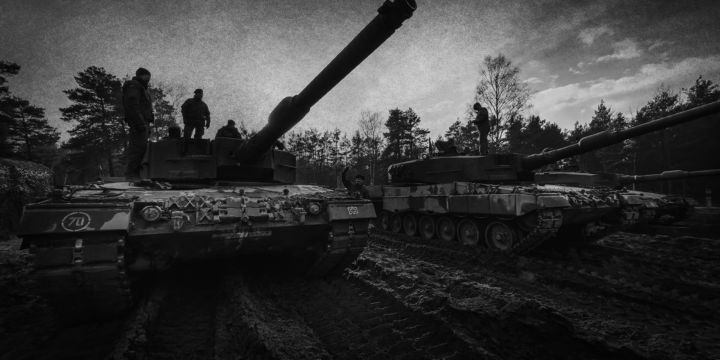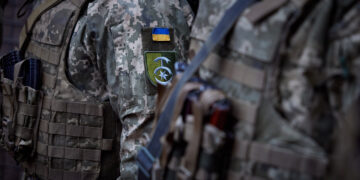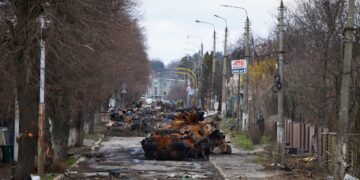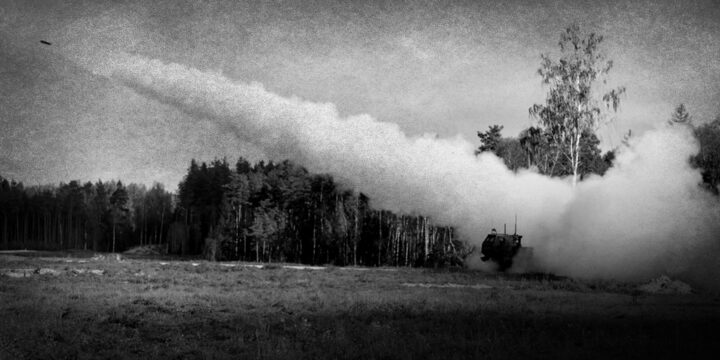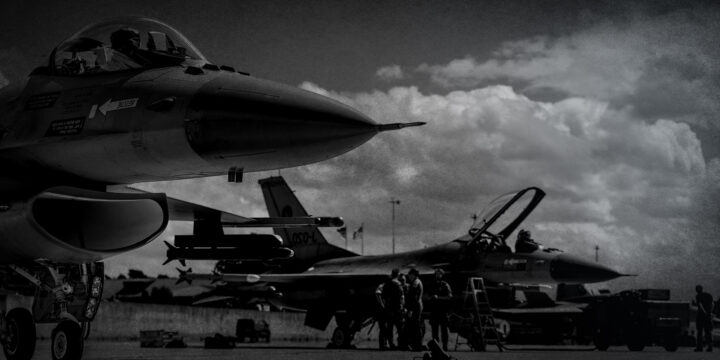October 20, 2025
No cause for alarm: The case for a measured response to Russian air incursions
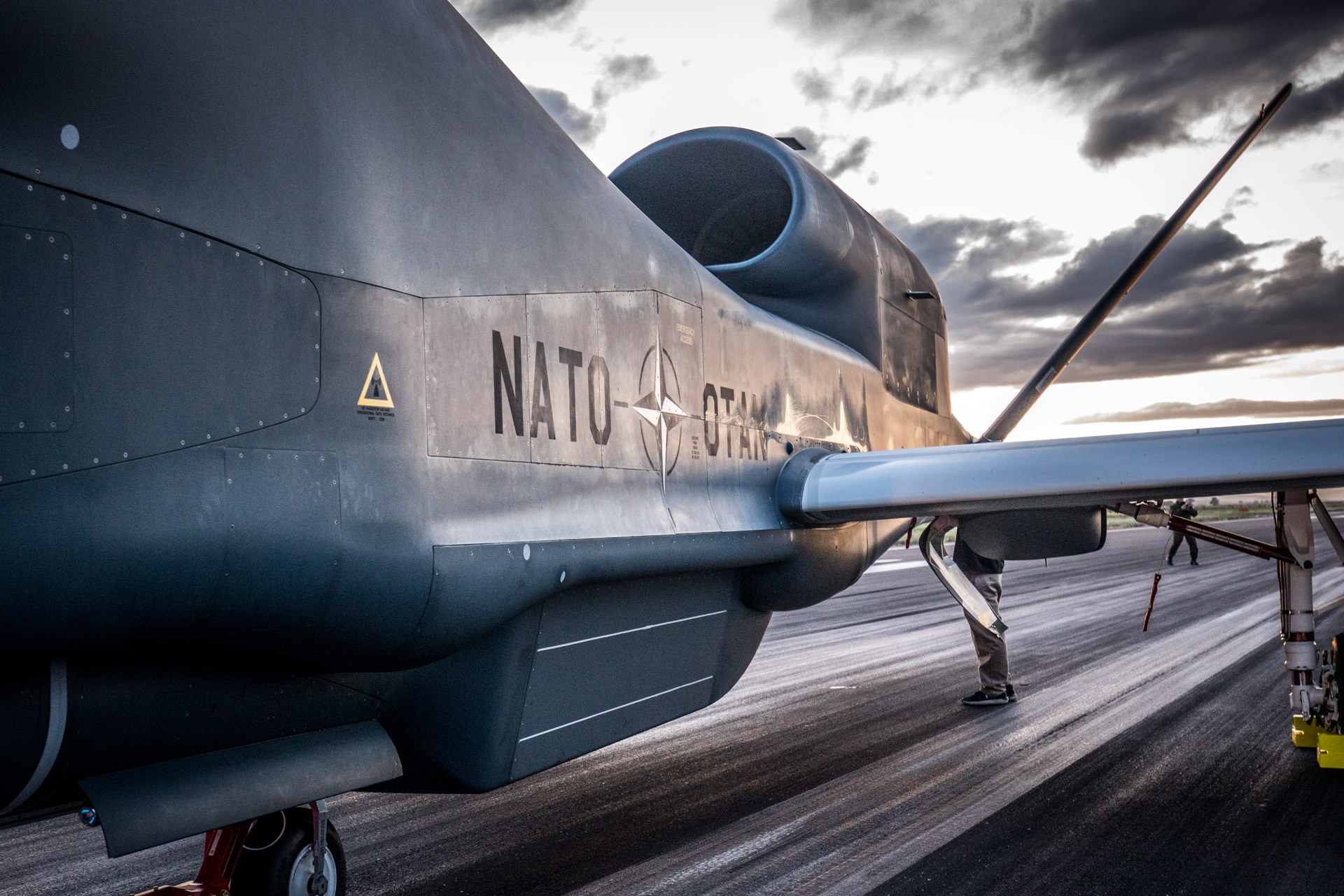
Over the past month, eyes across Europe have been trained on the sky.
On Sep. 10, about 20 Gerbera surveillance drones, believed to have been launched from Russia, crossed into Polish airspace. Some were shot down by NATO fighter jets, others crashed after running out of steam. Four days later, another errant drone was detected and tracked, this time over Romania, before it turned around and returned to Ukraine. The following week, three Russian fighter jets entered Estonian airspace over the Gulf of Finland where they remained for 12 minutes before being intercepted by NATO aircraft. The three incidents, coming in quick succession, have sparked a vigorous debate about how Europe’s frontline states and the NATO alliance more generally should respond to Russia’s perceived provocations.
For some, the biggest risk is under-reacting. According to these accounts, Russia’s violations of its neighbors’ airspace are purposeful tests of NATO’s resolve and the first step on Moscow’s planned road to war with Europe. The alliance must, therefore, respond credibly and decisively, drawing a clear redline that Russia hesitates to cross in the future.
Others see recent airspace violations as little more than harassment, part of Russia’s ongoing hybrid campaign intended to punish Europe for its continued economic and military support of Ukraine. For this group, the costs of over-reacting far exceed the risks of responding too softly. These observers warn that radical moves such as establishing a no-fly zone over western Ukraine or participating directly in the defense of Ukraine’s skies could cause the very outcome they seek to avoid—a war with Russia—because they would thrust NATO forces into direct engagement with Russian soldiers and aircraft.
Both camps share at least one fear, however: Russian drones and aircraft entering NATO territory—intentionally or accidentally—may cause damage or lead to misunderstandings that trigger retaliation and rapid escalation to a military conflict between NATO and Russia. Given the catastrophic consequences of such a conflict, alleviating this threat is a worthwhile and important goal.
More on Eurasia

By Jennifer Kavanagh and Jeremy Shapiro
December 18, 2025
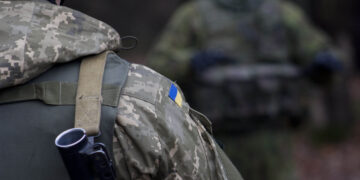
Featuring Jennifer Kavanagh
December 4, 2025
Events on Ukraine-Russia
